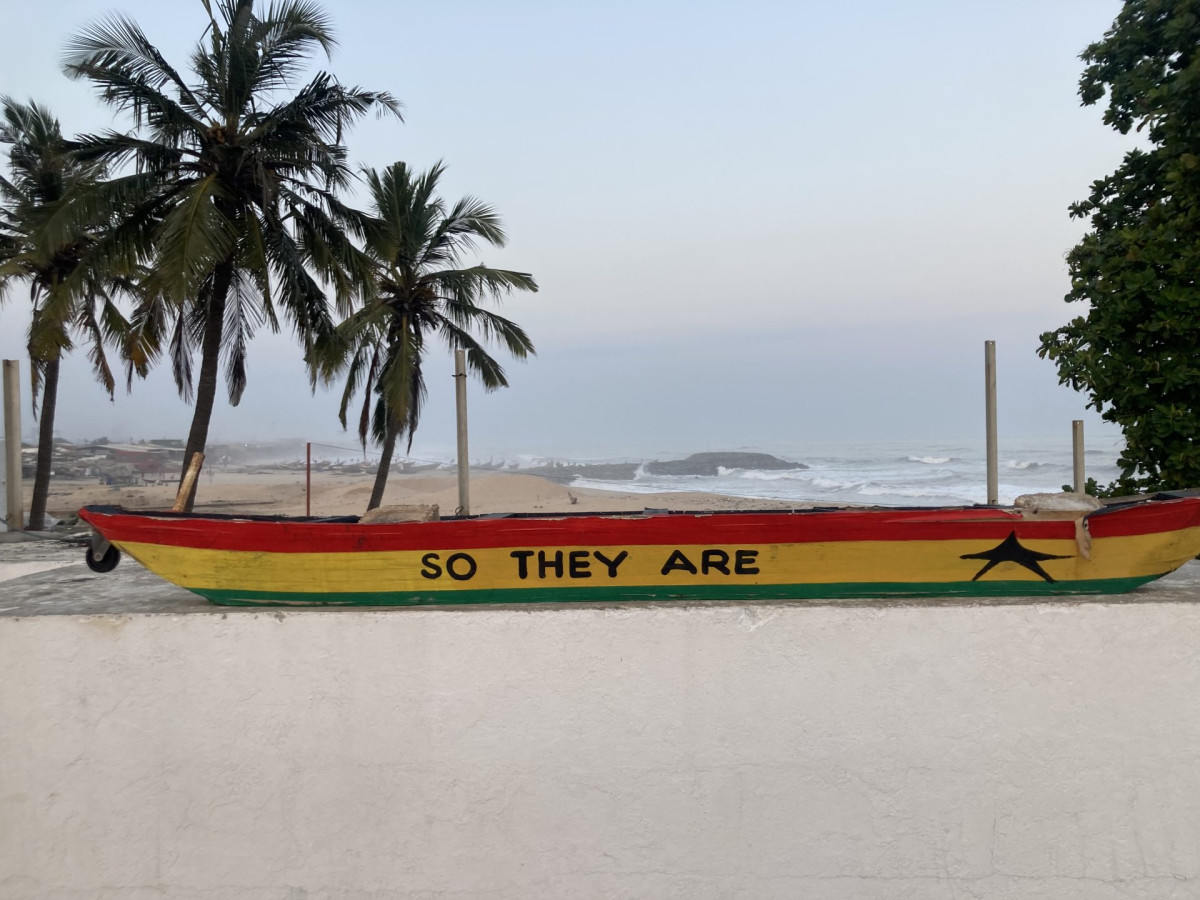
July 2025: BICEPS is strengthening its critical approach to agroecology, modern technologies, and international collaboration
This July, BICEPS engaged in two key activities that deepened its international partnerships and advanced dialogue on sustainable agricultural development.
From 7–11 July, BICEPS took part in the 30th European Society for Rural Sociology (ESRS) Congress, held in Riga, Latvia. As part of “Indigenous Crops for the Resilience of African Food Systems” project, which is funded by the Latvian Development Cooperation Policy (LATDEV), Maija Kāle, a Research Fellow at BICEPS, presented research titled “From Rural Reachability to Meaningful Connectivity: Foundations for Liveable Farming Futures”. Drawing on insights from the project, which focuses on indigenous crops and digital education in sub-Saharan Africa, the presentation examined how mobile technologies can support, and indeed hinder, the sharing of agroecological knowledge, particularly in contexts shaped by climate vulnerability and systemic inequalities. The congress brought together a vibrant community of scholars and practitioners, and BICEPS was proud to contribute to this important European platform for rural research worldwide.
Later in the month, a BICEPS delegation travelled to Ghana to further strengthen collaboration with project partners on the ground. The itinerary revealed the depth of this engagement:
- A meeting with the Ministry of Food and Agriculture, Seed and Adaptive Research Unit;
- A visit to the Council for Scientific and Industrial Research (CSIR) for discussions with the Director General.
The delegation also carried out extensive field visits at the University of Ghana, focusing on its agricultural programmes and research facilities. This included:
- A guided tour of the Livestock and Poultry Research Centre (LIPREC) guided by the Lead of the Centre;
- Discussions with the West Africa Centre for Crop Improvement representatives
- A meeting with the Dean of the Department of Modern Languages
Latvian representatives also made visits to various communal gardens in Accra, organized by Sabon Sake — an eco-focused startup converting organic farm waste into bio-fertilizer.
These visits provided a valuable opportunity to discuss the future direction of the ICRAFS project, particularly the focus of its second phase on region-specific agricultural practices and the health benefits of indigenous crops. The visits also reaffirmed BICEPS’ commitment to establishing long-term, meaningful partnerships that bridge the gap between research, policy and practice across continents.
See more information about the visit here: link will be posted soon
See the video documentation here: link will be posted soon



